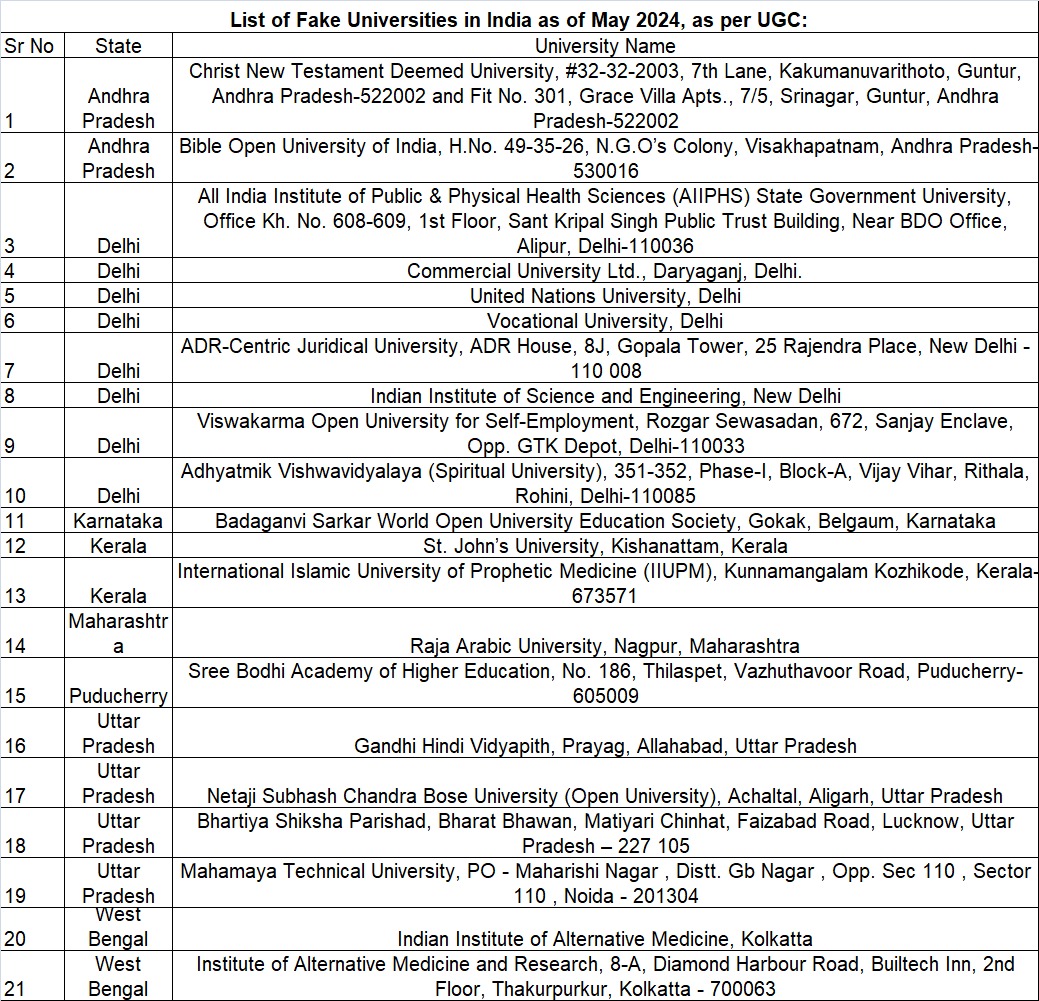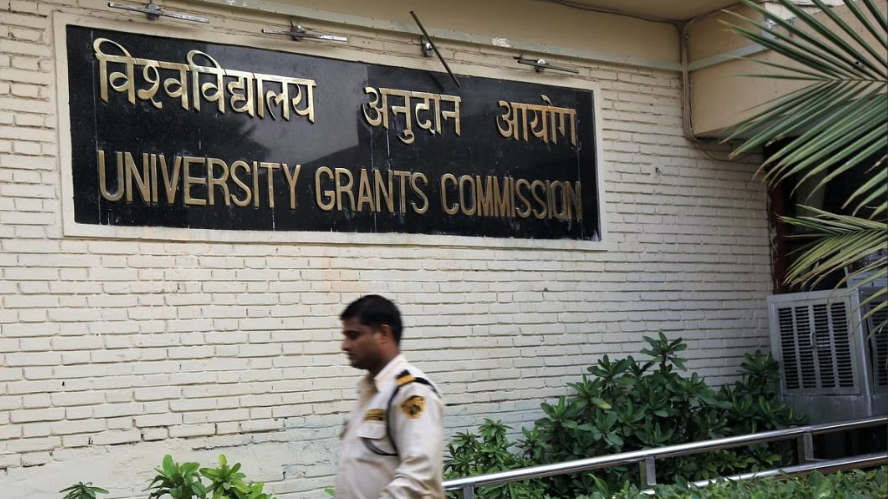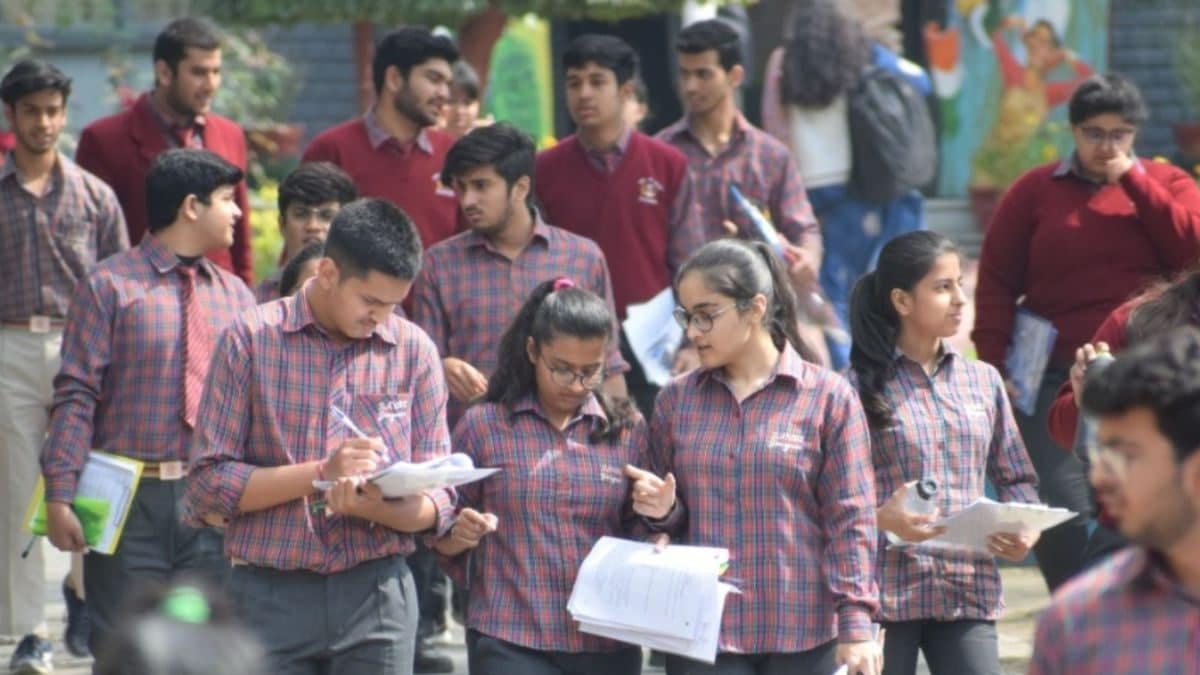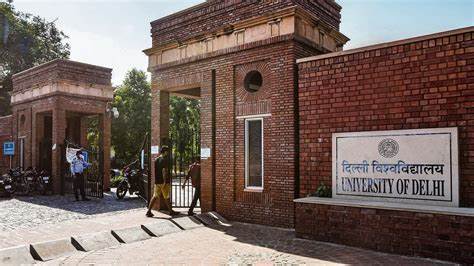What is a Good Samaritan Law? UGC urges institutions to promote this law
The University Grants Commission (UGC) has issued a notification to raise awareness about the Good Samaritan Law, urging higher education institutions to spread the message among students, faculty, and local communities.
The notification read, "Loss of precious lives in tragic road accidents, particularly because of the victims not getting timely medical care is heart-wrenching. Equally disheartening is the fact that bystanders witnessing such accidents often choose to remain silent instead of taking action to save a human life."
What is a good Samirtan Law?
The law protects those who voluntarily assist accident victims from police and legal harassment, ensuring they are not held liable for their good deeds.
According to the UGC, a Good Samaritan is defined as "a person who, in good faith, without expectation of payment or reward and without any duty of care or special relationship, voluntarily comes forward to administer immediate assistance or emergency care to a person injured in an accident or emergency situation."
The UGC’s awareness campaign seeks to instil confidence in citizens to act without hesitation during emergencies. By educating students and communities, the initiative promotes a culture of compassion, ensuring that more lives can be saved in critical moments.




















